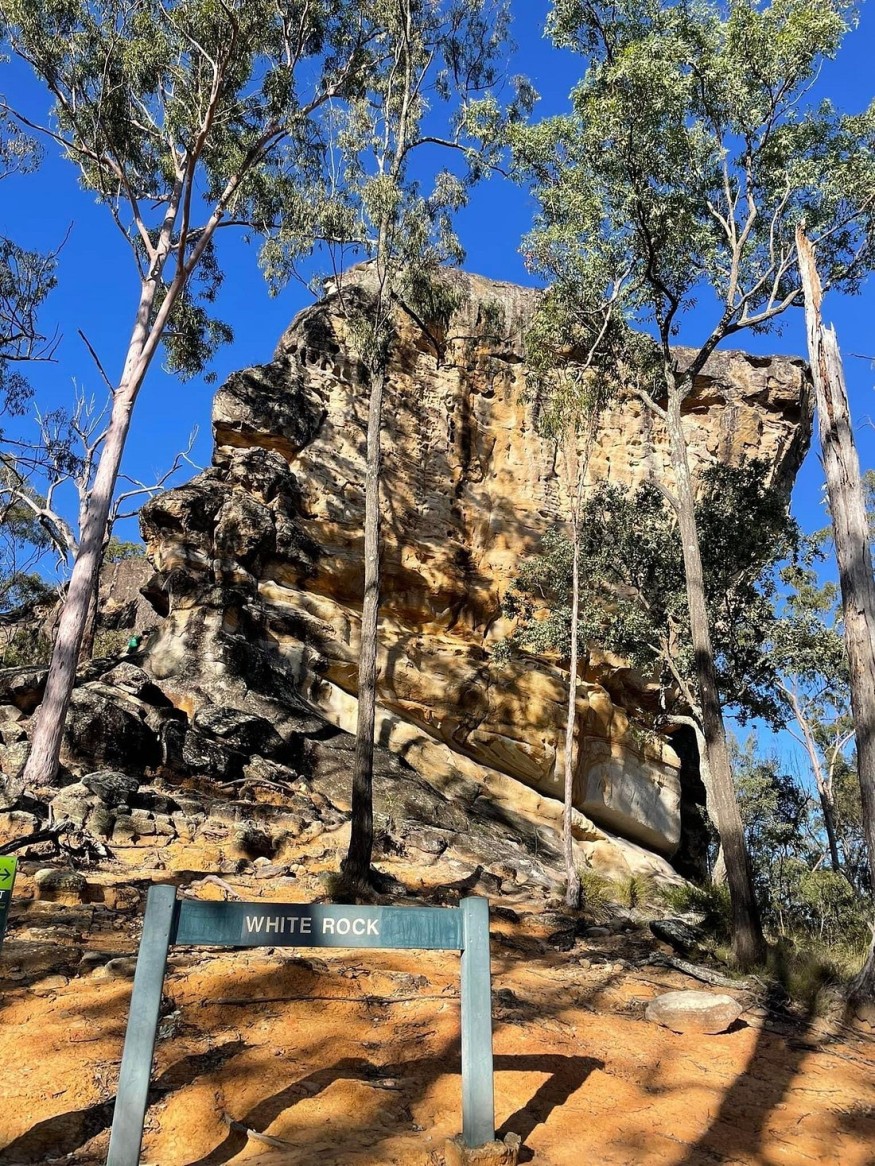A recent incident involving three young men climbing White Rock in Queensland's Spring Mountain Conservation Estate has sparked a heated debate.
The event occurred this past Saturday when the men were spotted on the sacred site, which is culturally significant to the Yagara people as a women's area. Local regulations and cultural protocols strictly prohibit climbing on White Rock, yet the men disregarded these rules.

Trespassing at White Rock Causes Uproar
White Rock, known to the Yagara people as Nugum/Boogun, is a protected cultural heritage site under Queensland's Aboriginal Cultural Heritage Act 2003. Despite being a popular hiking destination with a 1.5-kilometer trail leading up to it, climbing on the rock itself and its adjacent southern ridge is not allowed.
According to news.com.au, this is out of respect for its significance as a place where Indigenous women have historically gathered and held ceremonies.
The issue came to light when a local captured a video of the men, one of whom was shirtless, and shared it on a Facebook group. The post labeled the men as "ignorant and disrespectful" for ignoring the signs that clearly mark the climbing ban. This act has led to strong reactions from the community, with many condemning the trespassing as an invasion of a sacred space.
While some argue that people should be free to explore natural sites, others emphasize the importance of respecting cultural traditions and legal restrictions.
The City of Ipswich has reiterated that the area remains a significant cultural landscape for the traditional owners, linking them to their country and identity.
The controversy highlights ongoing tensions regarding the access and use of natural sites considered sacred by Indigenous communities. Similar discussions occur across Australia as traditional owners seek to protect their heritage while balancing public access to these lands.
Related Article : Australian Airports Face Risk as Aviation Firefighters Plan to Walk Off
White Rock Conservation Area Plans 20-Year Upgrade
Ipswich City Council has announced a 20-year master plan to enhance the White Rock-Spring Mountain Conservation Estate. This plan aims to improve visitor experiences while protecting the estate's natural and cultural values.
In a report released by Ipswich First in 2020, Mayor Teresa Harding highlighted that these changes are crucial as nearby areas like Ripley and Redbank are expected to see rapid growth.
The estate, which covers 2,633 hectares, is the largest protected natural area in Ipswich and a vital part of the Flinders-Karawatha Corridor.
It supports 14 significant species and numerous sacred sites, including White Rock, caves, and overhangs that are important for cultural education and connection.
The plan, funded by the Enviroplan Levy, includes upgrades like better trails, new boardwalks, and educational signs, especially around key features such as White Rock and the Bluff. These improvements aim to educate visitors about the area's cultural and environmental significance.
The first phase also proposes enhancements to the Paperbark Flats picnic area and the integration of native plants in landscaping to reflect local flora. The proposal will be reviewed by the Full Council next week.
This article is copyrighted by Travelers Today, the travel news leader




